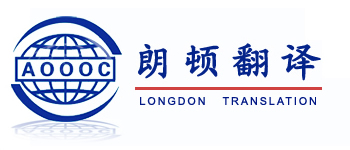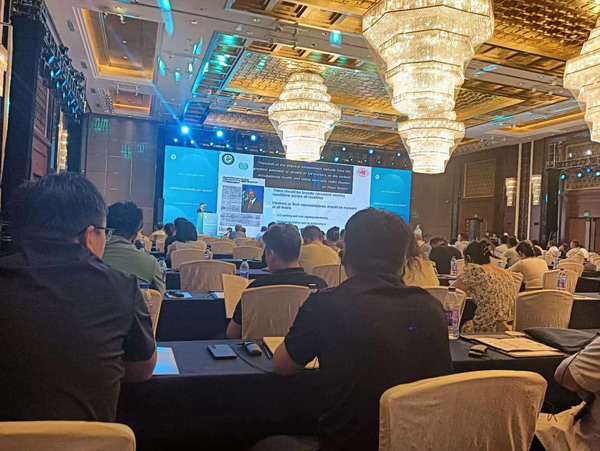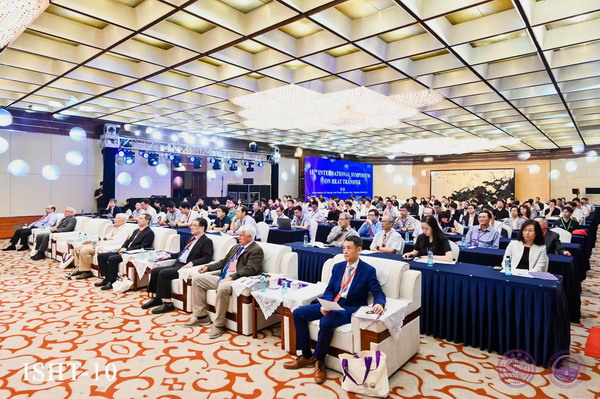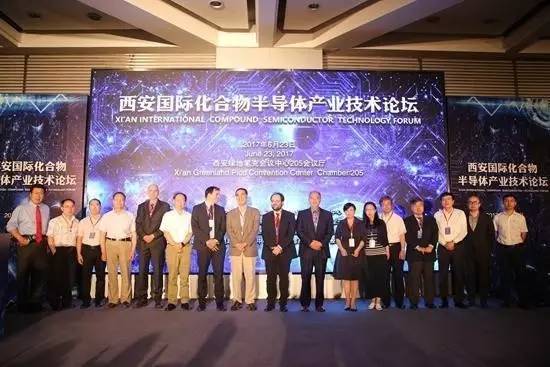A fast-growing Chinese bicycle-sharing startup looksto debut in Japan next month, with plans tooperate in roughly 10 major cities by the end of theyear in cooperation with local governments.
�@�ҹ����܇��˾���Ї�(gu��)�l(f��)չѸ�ͣ���������(g��)�µ���ձ����c��(d��ng)?sh��)������������A(y��)Ӌ(j��)��ו�(hu��)���ձ�ʮ�ׂ�(g��)��Ҫ�����\(y��n)�I(y��ng)��
Mobike launched its service just last year inShanghai, and the company now commands 5 millionbicycles across China. The secret of its meteoricsuccess lies in the use of smartphones.
Ħ�ݵķ���(w��)��ȥ�����Ϻ��l(f��)�ҵ����F(xi��n)���@�ҹ�˾�ѽ�(j��ng)����500�f(w��n)������܇���鲼�Ї�(gu��)���ء���Ѹ�Ͱl(f��)չ�����E���������֙C(j��)���\(y��n)������
Singapore and the U.K. have opened their doors to Mobike, recognizing the potential to reducetraffic congestion and automobile exhaust emissions as well as improve the health of residents.Japan will be the third overseas market to embrace the high-tech service.
�¼��º�Ӣ��(gu��)���ѽ�(j��ng)��(du��)Ħ�݆�܇���_�˴��T���������R(sh��)���@һ����(w��)�ܾ��⽻ͨ�������p����܇β���ŷ���߀����߇�(gu��)��ˮƽ��
Tailor to local needs
���w�����N�ϱ�������
A selling point of Mobike's service in China is that users can drop off the bike anywhere, but thecompany's service in Japan likely will designate pickup and drop-off locations, such as municipalbike-parking facilities and parking space at convenience stores, restaurants and otherpartners. As a bicycle's GPS system allows tracking of its location, Mobike may devise amechanism to warn users who leave a bike in an undesignated location.
Ħ�݆�܇���Ї�(gu��)���u�c(di��n)֮һ����ʹ���߿��ц�܇ͣ���κ�λ�ã����^(gu��)�����ձ�����(hu��)��ָ��λ���O(sh��)����܇�c(di��n)�ͷ�܇�c(di��n)�����繫��ͣ܇վ���߱����ꡢ���T�ڵ�ͣ܇�������چ�܇��GPS��λϵ�y(t��ng)�܉��ۙ��܇��λ������˾�����O(sh��)��ij�N�b�ã���(d��ng)ʹ���߰ц�܇ͣ���ڷ�ͣ܇̎�r(sh��)�l(f��)��������
Mobike is in final negotiations with some local governments -- Tokyo and the Osaka area areamong those targeted -- and a test mode for the service likely will charge 100 yen (90 cents)or less for 30 minutes of use.
Ħ�݆�܇��˾���c�ձ��ط������M(j��n)����KǢՄ�����|��������ȳ��ж�������֮�С������ձ��Ć�܇����(w��)ԇ�\(y��n)�I(y��ng)�挢���Sʹ������100��Ԫ��90���֣�����ٵăr(ji��)���ޕr(sh��)30���֮��(n��i)ʹ�Æ�܇��




